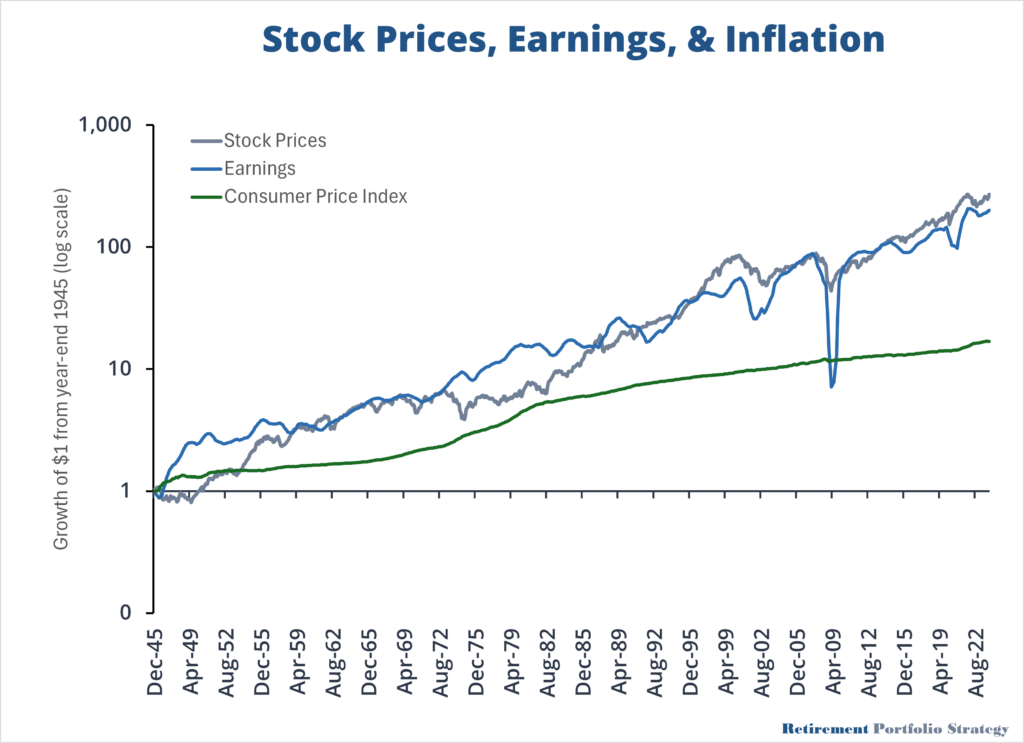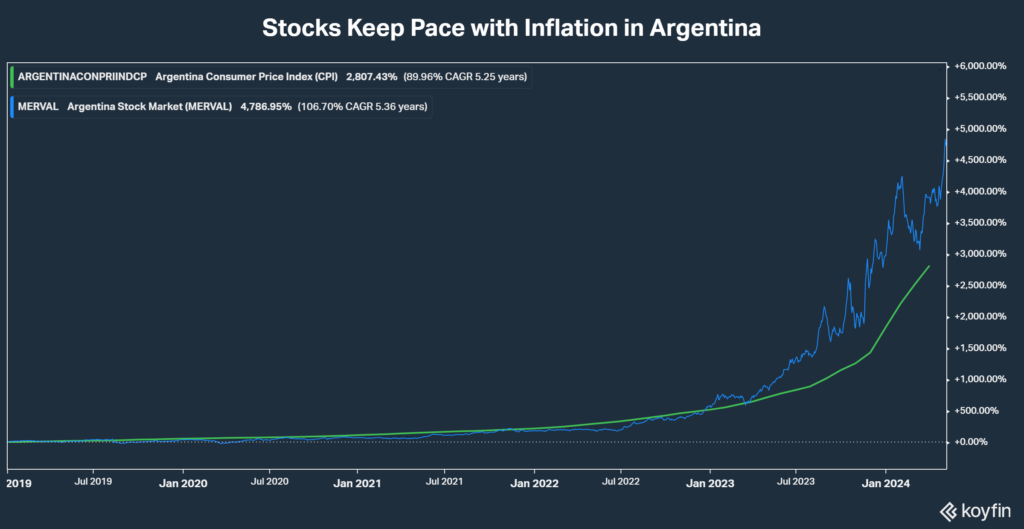Inflation: Why Every Retirement Portfolio Must Include Stocks

Inflation is often an overlooked risk for retirement investors, but it can have a devastating impact on your long-term financial security. While an inflation rate of 3% to 4% may seem relatively harmless, its effects compound over time, slowly but surely eroding the purchasing power of your savings.
Consider this alarming statistic: over a 30-year retirement, a modest 3% inflation rate will decrease your purchasing power by a staggering 61%.
For those of you still in your 40s with another 50+ years of investing left to do, the situation is even more dire. At a 3% inflation rate over 50 years, you will lose an astonishing 79% of your purchasing power.
In other words, $100 today will be worth a mere $21 in the future.
Dinner and a couple of glasses of wine with your better half at a decent restaurant turns into a coupon-clipping affair at McDonalds with shared fries and a courtesy cup!
Is this the prosperous retirement you envisioned?
Fortunately, you don’t just have to accept a declining standard of living in retirement. Investing in stocks is one of the easiest and most effective ways to maintain your purchasing power over many decades.
While stocks can suffer in the short-term during periods of surging inflation, over the long-run, corporate revenues, earnings, dividends, and ultimately share prices tend to rise along with inflation.
The chart below compares the performance of the S&P 500, S&P 500 earnings, and the consumer price index since 1945. Over the long-run earnings and share prices outpace inflation.

The Argentina Experience
Perhaps the best recent example of the power of stocks to maintain their purchasing power in the face of soaring inflation is the Argentina experience. Inflation in Argentina has averaged a shocking 90% since year-end 2018. Over the same period, stock prices in Argentina rose at a compounded annual rate of 107%. See chart below.

By allocating a portion of your portfolio to stocks, you can help preserve purchasing power over a multi-decade retirement.
